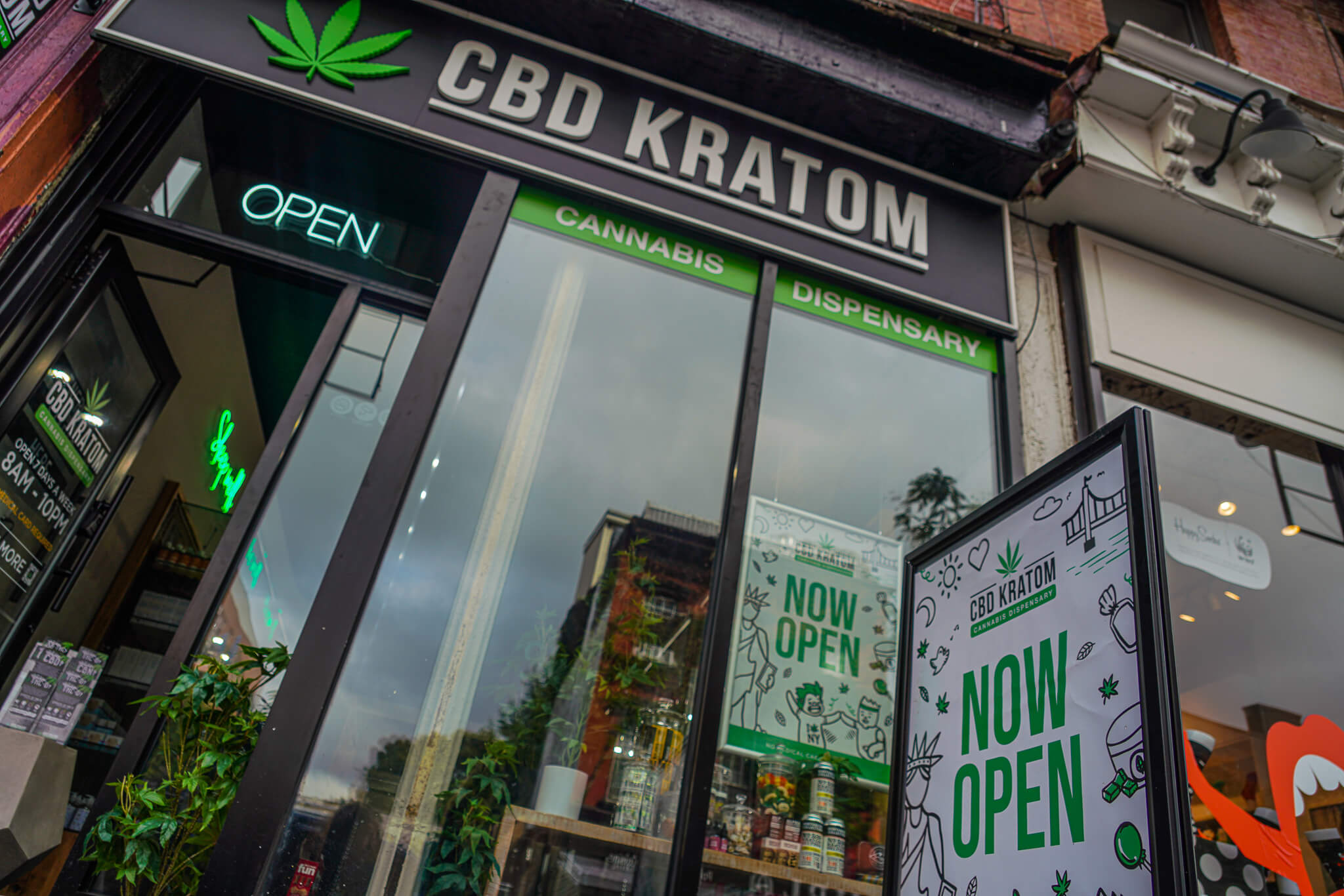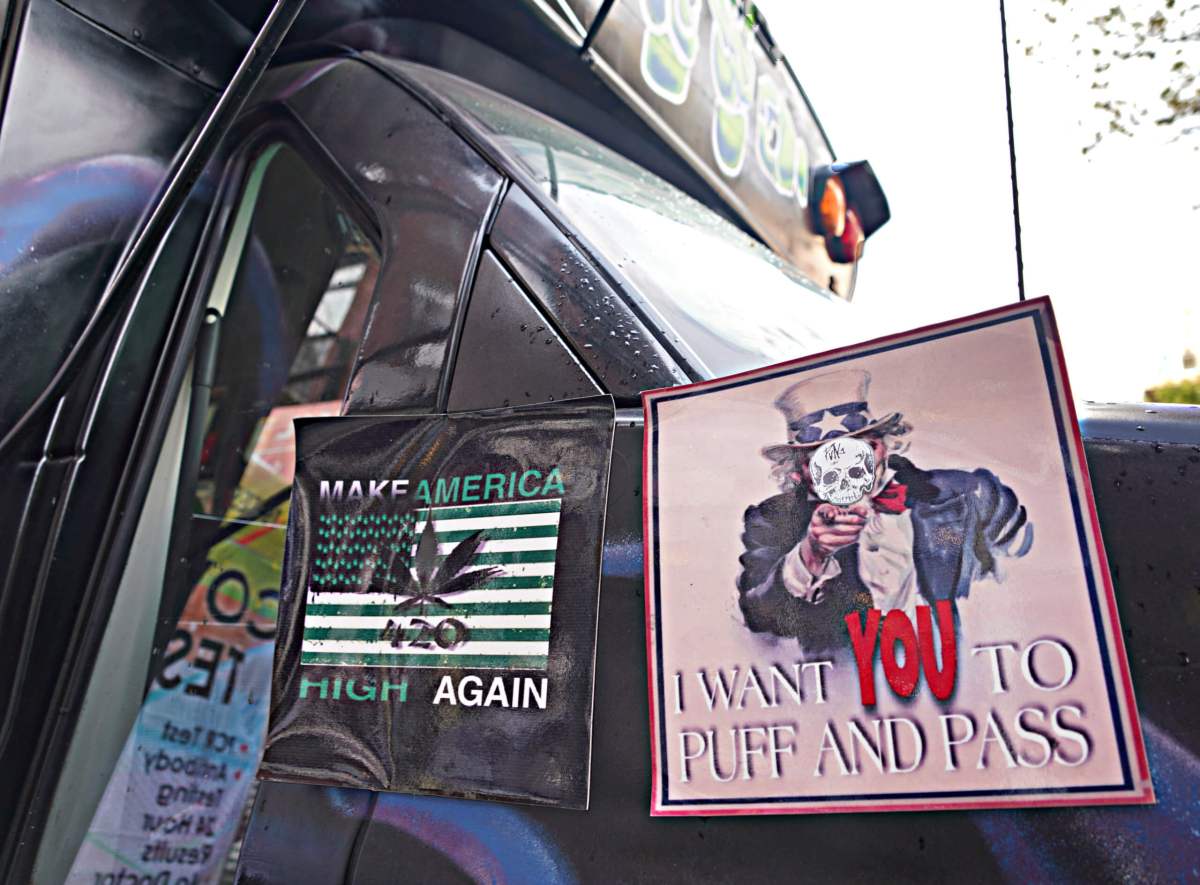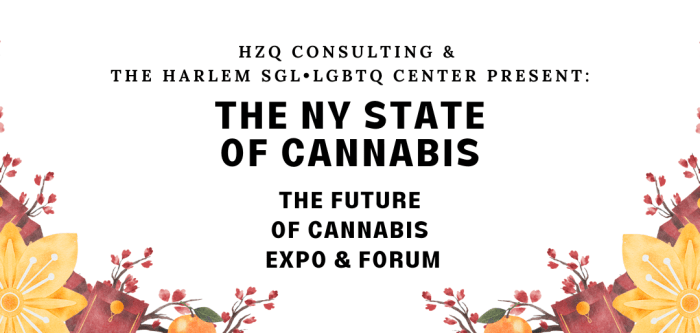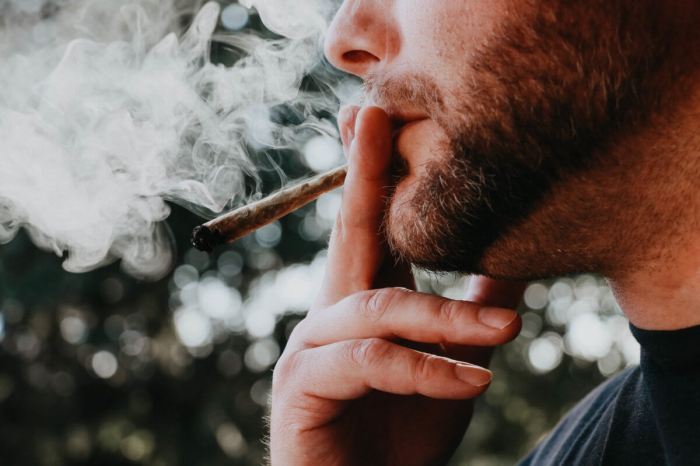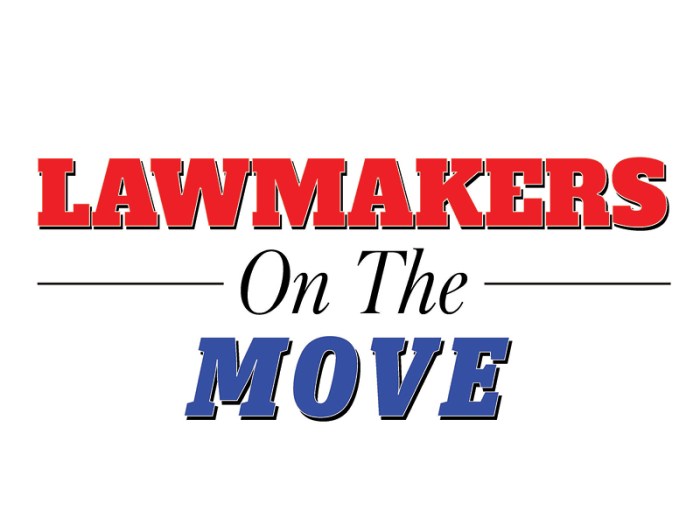High times have arrived in New York City. Unlicensed cannabis vendors have been popping up like weeds all across the city as they endeavor to profit from the right to smoke in the Big Apple.
In March 2021, former Governor Andrew Cuomo approved the Marijuana Regulation and Taxation Act (MRTA) which legalized adult-use cannabis and hemp (with a few parameters) in New York State. That got the ball rolling on a lengthy process to establish regulations and the Office of Cannabis Management (OCM) was developed to help regulate production, licensing, packaging, and cannabis marketing and sale. This included a five-member board and Chief Equity Officer charged with ensuring a social equity plan was designed to support businesses applying for a license, also called Conditional Adult-Use Retail Dispensaries (CAURD).
The deadline for businesses to apply for marijuana licenses ended on Sept. 26, and the licenses themselves yet to be distributed. Still, this illicit gray area has done little to dissuade would-be entrepreneurs from attempting to cash-in with their green thumbs — even though all their sales are technically illegal due to a lack of licenses.
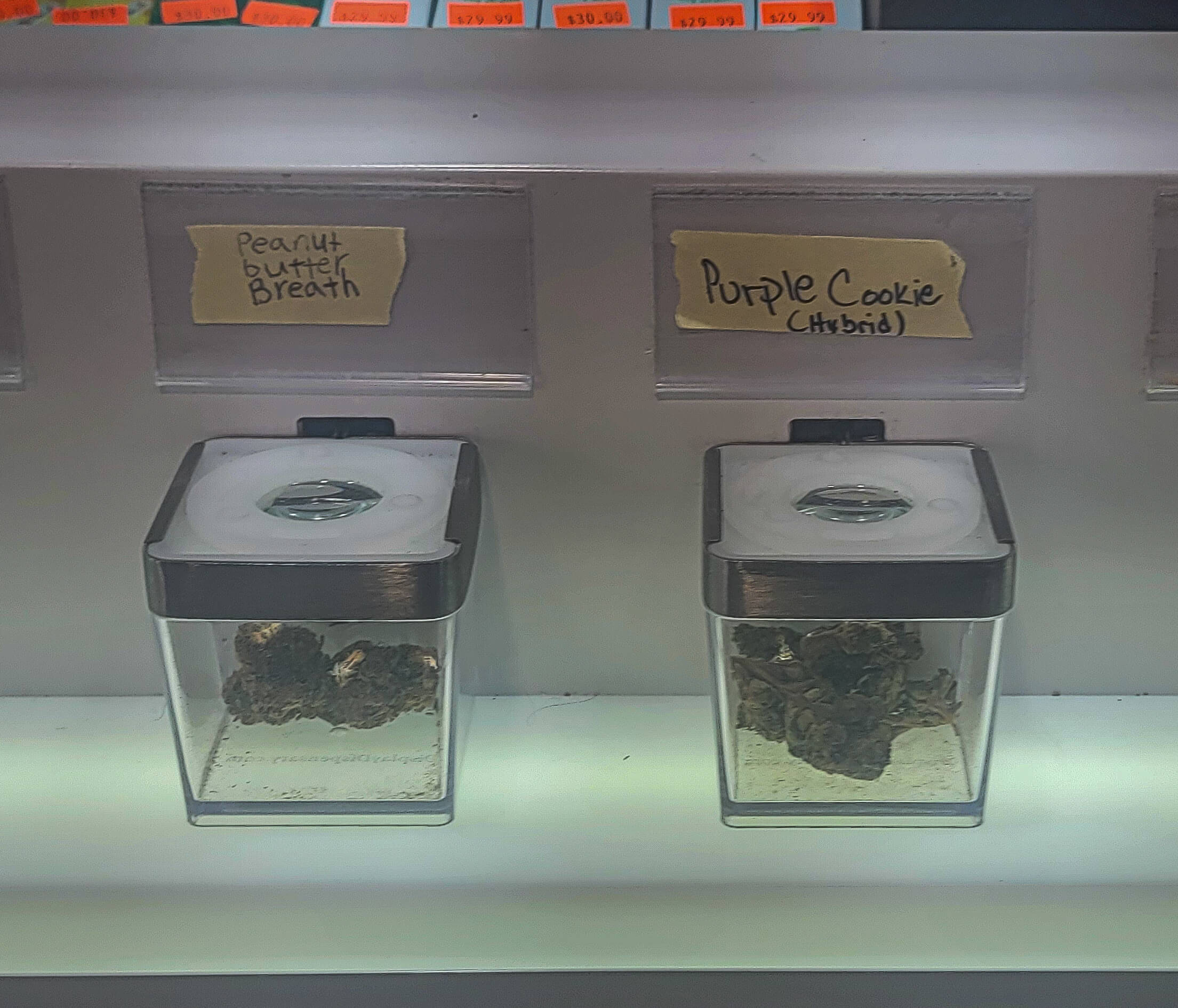
Pot peddlers have cropped up between the cracks of every neighborhood throughout the city, however, specific areas seem to have a high concentration of trucks selling cannabis, as well as brick and mortar storefronts, and even lone street vendors such as Lower Manhattan and Williamsburg, Brooklyn.
Locals report that trucks trading candies laced with THC and other marijuana products can be found on weekends lined up near Smorgasburg at the Marsha Johnson State Park, giving some parents concerns that their children could pick up a candy without comprehending its contents.
Angelica Turcios, a local mother of a nine-year-old boy has several concerns about these vendors, some of which have witches and cute pumpkins on their display windows giving off the appearance that the store is meant for children.
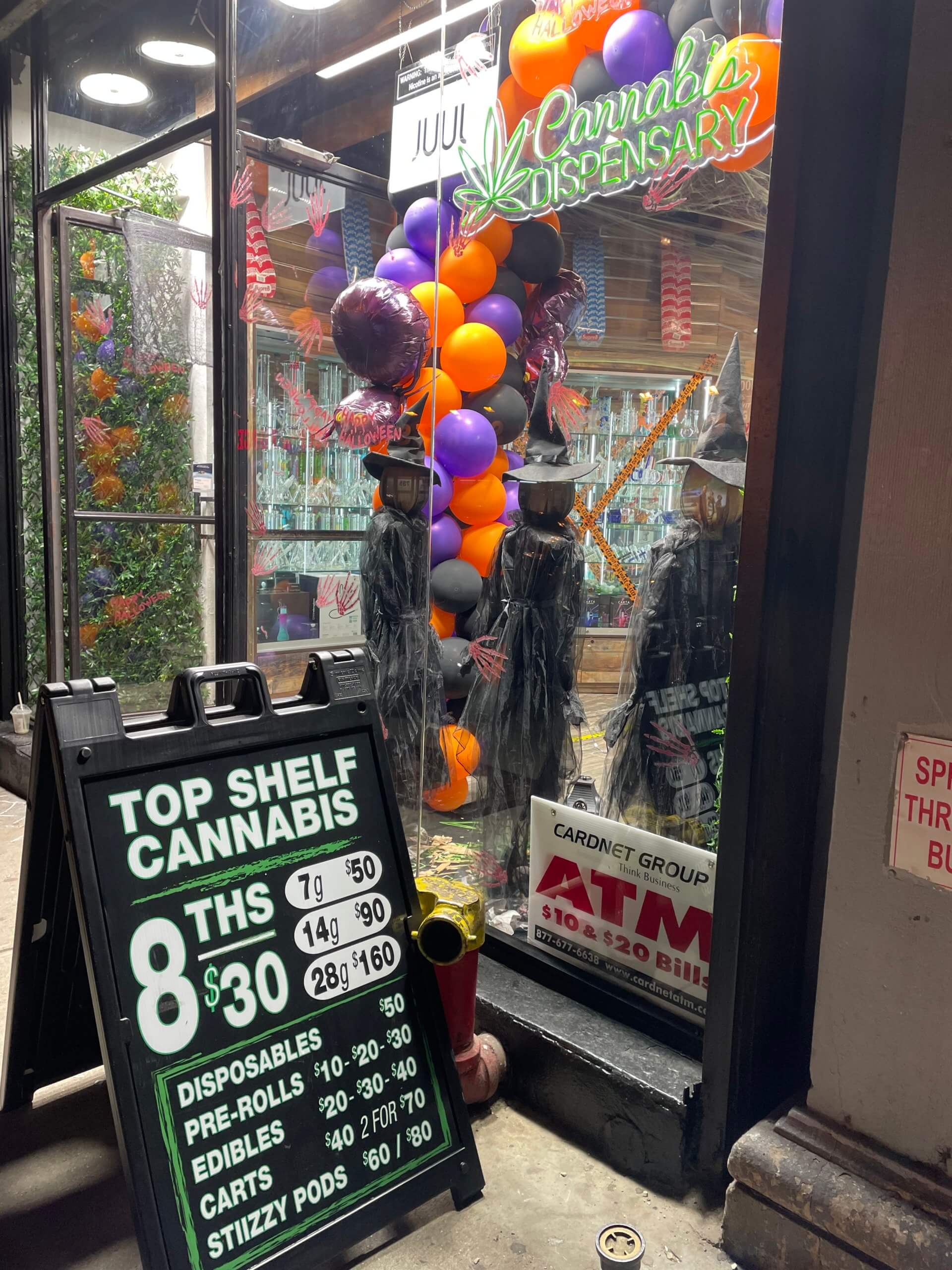
“I think these shops are misleading because even though they are supposedly geared toward adults, the ones that usually gravitate toward it are the children because of the way the market is represented,” Turcios said.
In Manhattan’s Washington Square Park, men set up stalls with signs reading “Stoner Avenue” as they flog their products. When amNewYork Metro attempted to speak with these individuals, they became enraged and threatening, concerned their profits may go up in smoke.
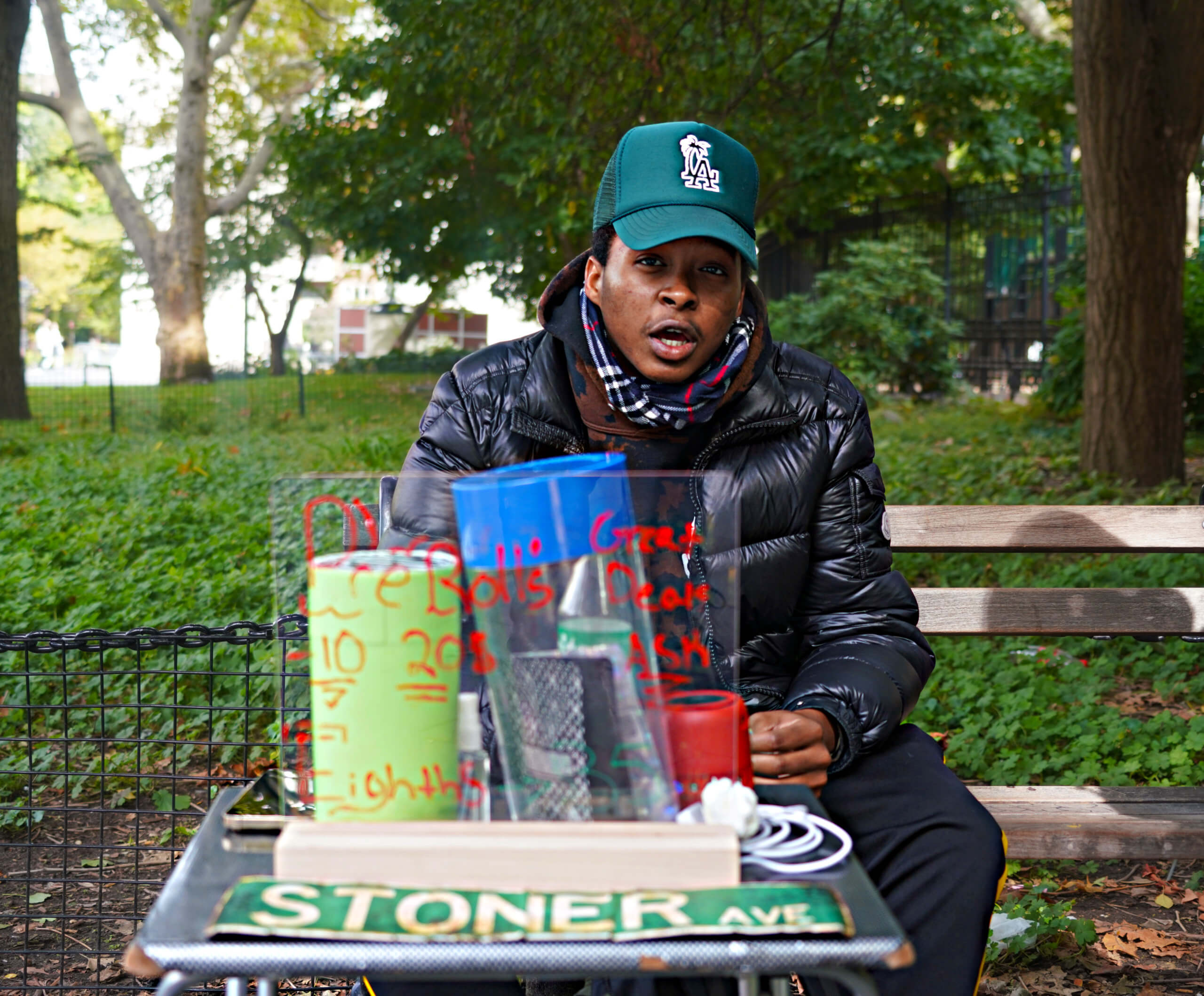
Manhattan Borough President Mark Levine reiterated the fact to amNewYork Metro that licenses have yet to be issued, offering concerns regarding those who are attempting to make illegal profits.
“This is a moment of transition for cannabis in New York. We are heading soon to legalized sale, but still no licenses have yet been issued. For this emerging system to work, it is critical that only stores which have been licensed for cannabis sales are allowed to operate. Otherwise, we are not living up to the guarantees offered to those paying large sums for licenses. Unlicensed stores also deprive local government of tax revenue and deny consumers’ confidence in the safety of the products,” Levine said.
In order to be one of the first retail dispensaries to open for legal adult-use cannabis sales there a several requirements that must be met, such as those who are justice involved or a qualifying nonprofit that has created vocational opportunities for the incarcerated, operate in a social enterprise, have at least five, full time employees, and more.
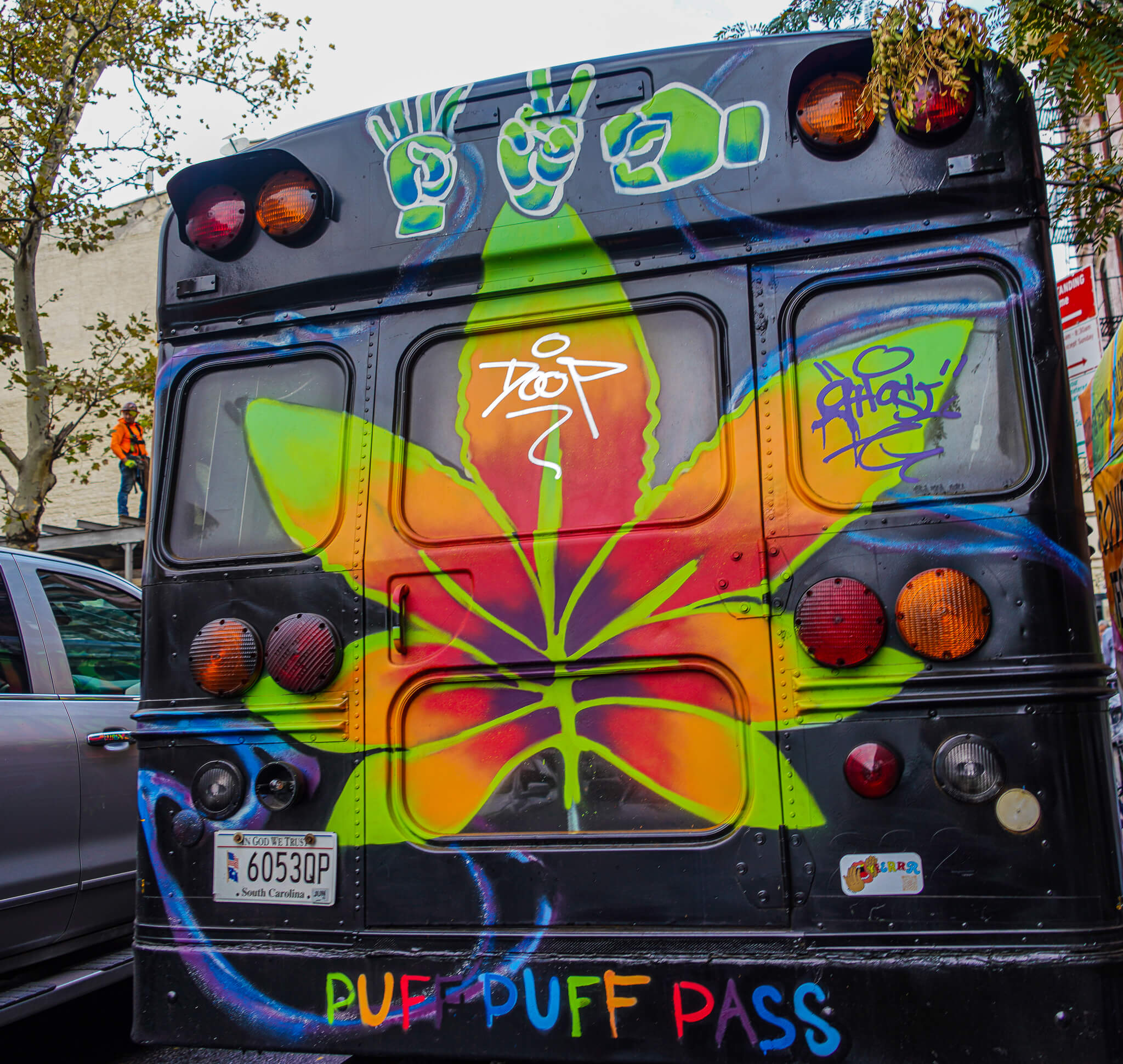
On Aug. 22, Mayor Eric Adams announced the launch of Cannabis NYC which will provide support services to encourage equitably growth in the cannabis industry through the Small Business Services (SBS) office. Throughout this launch, Adams stated that he will invest $4.8 million to the cannabis industry, which he believes will help New York City be creating sustainable economic opportunities, jobs, and address the harms of cannabis probation.
“Cannabis NYC will plant the seeds for the economy of tomorrow by helping New Yorkers apply for licenses and understand how to open and successfully run a business, while simultaneously rolling equity into our economy by giving those who have been justice-involved and those with a cannabis conviction a chance to succeed. This is about creating good jobs, successful small businesses, and finally delivering equity to communities harmed by the ‘War on Drugs,” a part of Adams’ statement read.
